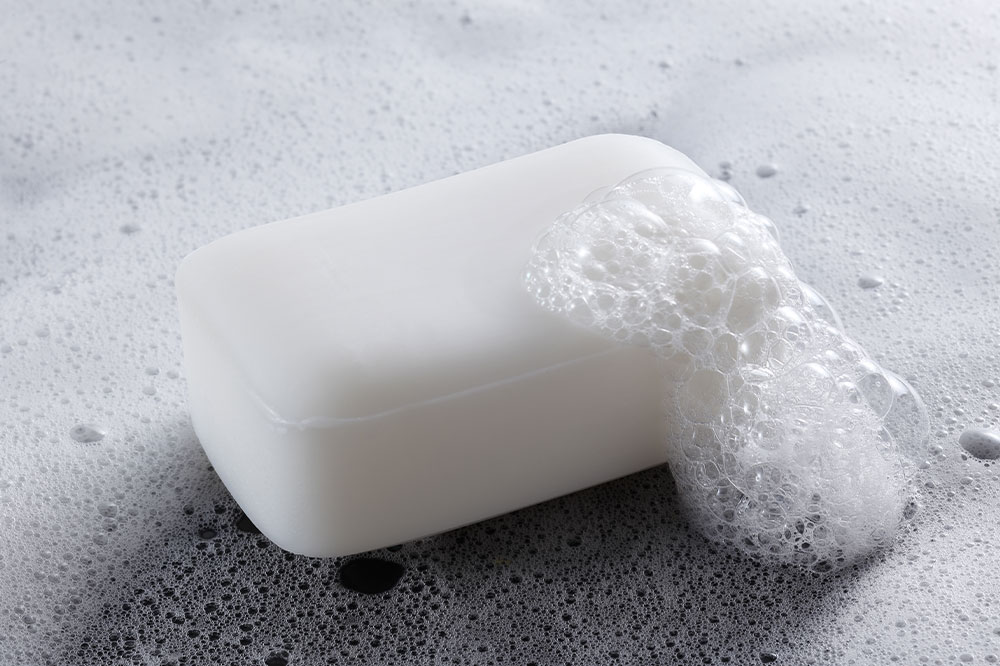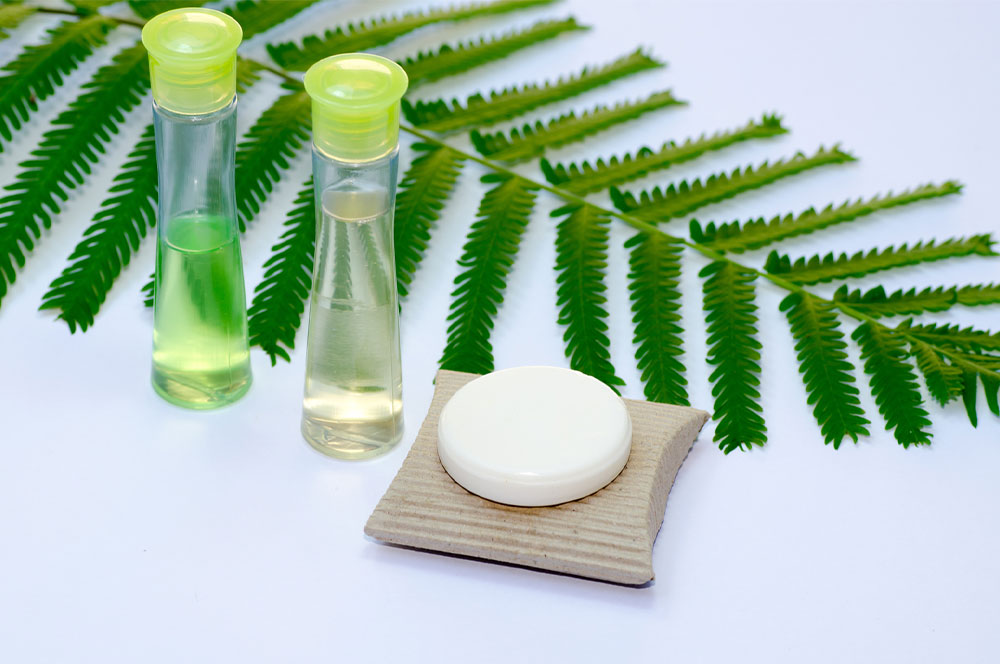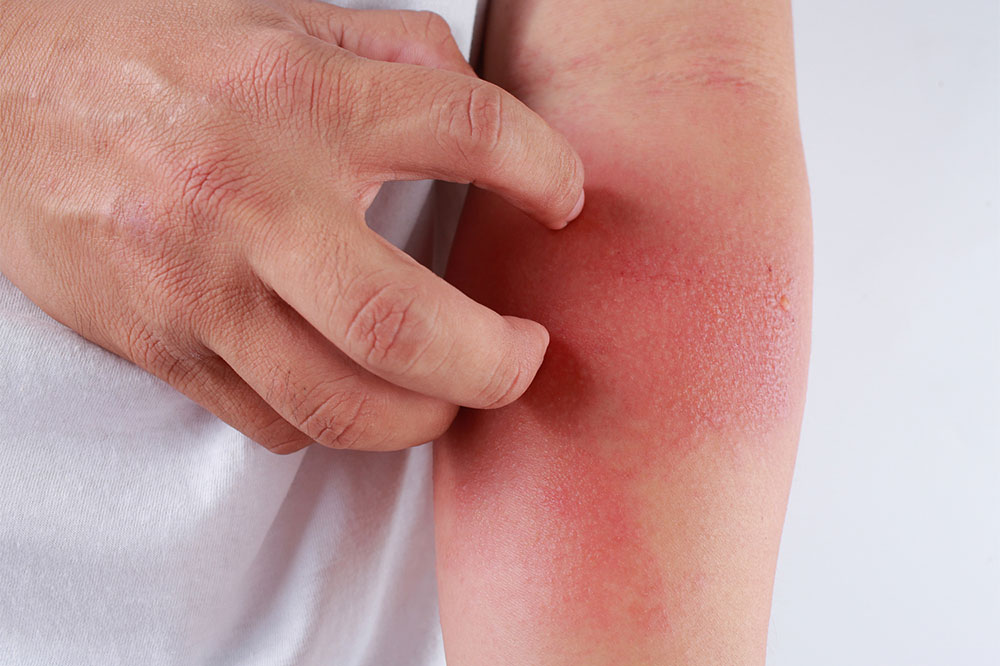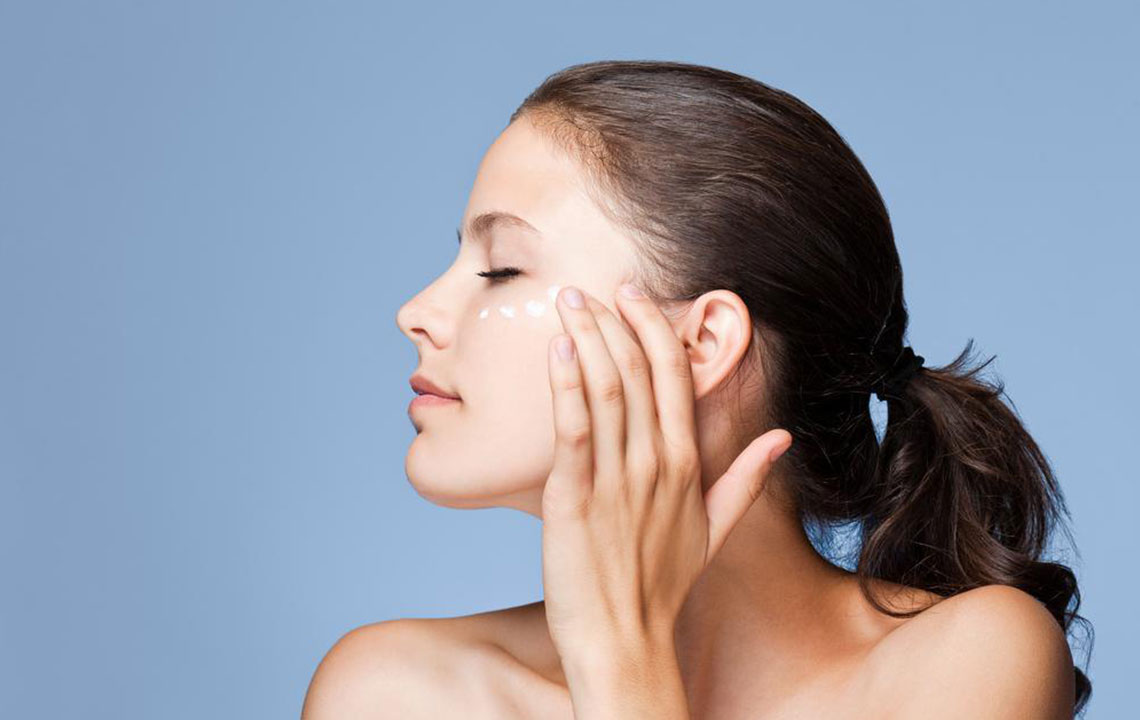Common Types of Soap That Can Worsen Eczema: How to Protect Sensitive Skin
This comprehensive guide explores common soap types that can worsen eczema symptoms, emphasizing the importance of choosing gentle, fragrance-free, and sulfate-free products. It offers practical tips to prevent flare-ups, highlights the risks associated with essential oils and artificial fragrances, and discusses medical options for severe cases. Understanding these factors helps eczema sufferers maintain healthier skin and avoid aggravating their condition, leading to a better quality of life.

Understanding How Certain Soaps Exacerbate Eczema Symptoms
Eczema, also known as atopic dermatitis, is a chronic skin condition affecting over 31 million people in the United States alone. It leads to symptoms such as persistent dryness, severe itching, redness, inflamed patches, blisters, and sometimes infections caused by compromised skin surfaces. Managing eczema involves identifying and avoiding triggers that worsen symptoms. Among the most common triggers are personal care products, especially certain types of soap that contain harsh ingredients or irritants. Understanding which soaps can aggravate eczema is crucial for anyone looking to maintain healthier, calmer skin and prevent flare-ups.
Secrets Behind Common Soap Ingredients and Eczema Flare-ups
Many people are unaware that their daily cleansing routines may be contributing to their eczema symptoms. The ingredients in soap play a pivotal role in skin health, particularly for those with sensitive or compromised skin barriers. Some soaps contain ingredients that are not compatible with eczema-prone skin, leading to increased inflammation and discomfort. Here, we will explore the types of soaps that are best avoided and what alternative options are safer for eczema sufferers.
Scented Soaps: The Hidden Dangers of Artificial Fragrances
One of the most common mistakes made by individuals with eczema is using scented soaps. These products are often infused with artificial fragrances designed to mask unpleasant smells and enhance the sensory experience. Unfortunately, these synthetic fragrances can be potent allergens for sensitive skin. According to recent studies, approximately 15% of eczema patients develop sensitivities or allergic reactions to artificial scents.
Scented soaps can trigger immune responses that lead to skin inflammation, redness, and exacerbation of eczema symptoms. The chemical agents used in fragrances can penetrate the skin barrier, provoking allergic contact dermatitis in some cases. For individuals with eczema, switching to fragrance-free alternatives is highly recommended to minimize irritation and maintain healthier skin.
Unperfumed soaps eliminate the risk of fragrance-induced flare-ups, providing a gentler cleansing option for eczema-prone skin.
Harsh Cleansing Agents: Why Sodium Lauryl Sulfate and Similar Ingredients Are Problematic
Many commercial soaps and body washes contain aggressive cleansing agents like sulfates, with sodium lauryl sulfate (SLS) being one of the most notorious. These ingredients are excellent cleaners but can be extremely harsh on sensitive skin. When used excessively, sulfates strip away the skin’s natural oils and lipids, causing dryness, cracking, and increased itchiness. This weakens the skin’s protective barrier, making it more vulnerable to environmental irritants and allergens.
Moreover, some moisturizing components like lanolin, which is added to aid in hydration, may backfire for eczema patients. Lanolin can sometimes damage skin proteins and further weaken the skin’s natural defenses, leading to a higher risk of irritation and flare-ups.
Switching to sulfate-free soaps or gentle cleansers formulated specifically for sensitive skin can significantly reduce eczema symptoms and protect skin integrity.
Essential Oils in Soap: Natural but Potentially Harmful
Many natural soap brands incorporate essential oils such as tea tree, eucalyptus, lavender, or peppermint due to their antibacterial, antifungal, and aromatic properties. While these oils might seem like a healthy alternative to synthetic fragrances, they can cause allergic reactions in sensitive individuals. Essential oils are potent plant extracts that can penetrate the skin and provoke contact dermatitis or irritation, particularly in eczema-prone skin.
In some cases, the use of essential oils in soaps can lead to flare-ups, redness, and increased discomfort. Individuals with eczema should be cautious when choosing products containing these oils or opt for products explicitly labeled as “hypoallergenic” and “free of essential oils” to avoid complications.
Medication Options for Severe Eczema and Flare-up Management
When eczema becomes severe or unresponsive to topical treatments and lifestyle changes, medical intervention may be necessary. The FDA has approved several medications aimed at reducing symptoms and controlling immune responses involved in eczema. One such medication is CIBINQO™ (abrocitinib), an oral prescription drug approved for treating moderate-to-severe atopic dermatitis, which helps decrease redness, irritation, and inflammation by modulating the immune system's activity.
Patients suffering from persistent eczema should consult with their healthcare providers to determine the best course of treatment. In addition to prescription medications like CIBINQO™, topical corticosteroids, moisturizers, and lifestyle modifications are essential components of comprehensive eczema management. Some patients find that using coupons and online discounts for prescription medications can reduce their treatment costs and make ongoing care more affordable.
In conclusion, choosing the right soaps and personal care products is vital for managing eczema effectively. Avoiding scented, harsh, and essential oil-infused soaps can help prevent flare-ups and maintain healthier skin. Consulting healthcare professionals for suitable medication options can further improve quality of life for those with severe or persistent eczema symptoms. Being mindful of ingredients and making informed choices supports skin health and reduces the discomfort caused by this chronic skin condition.





